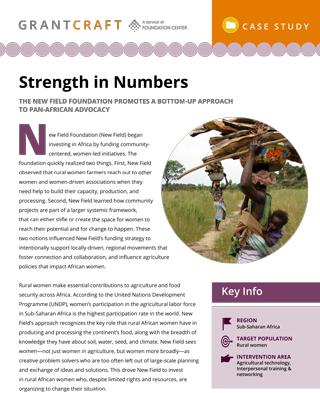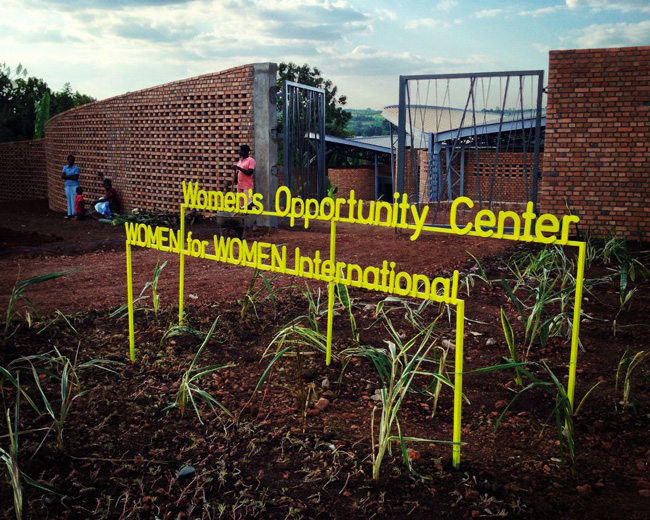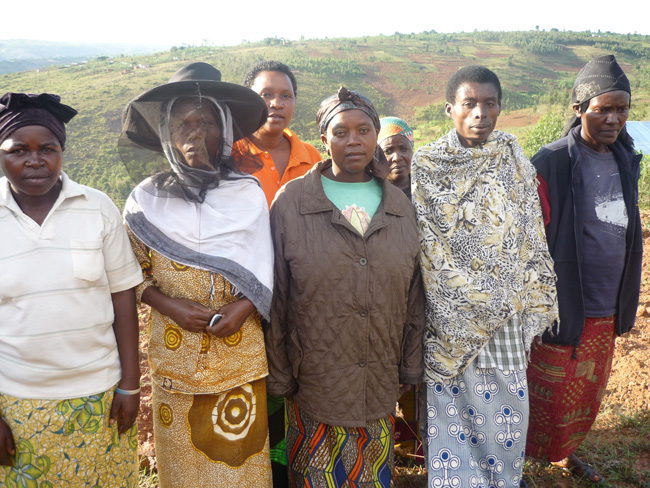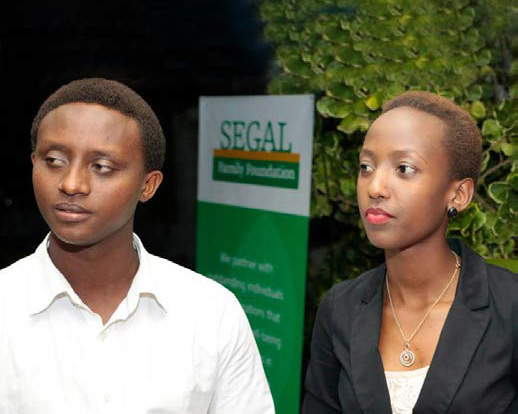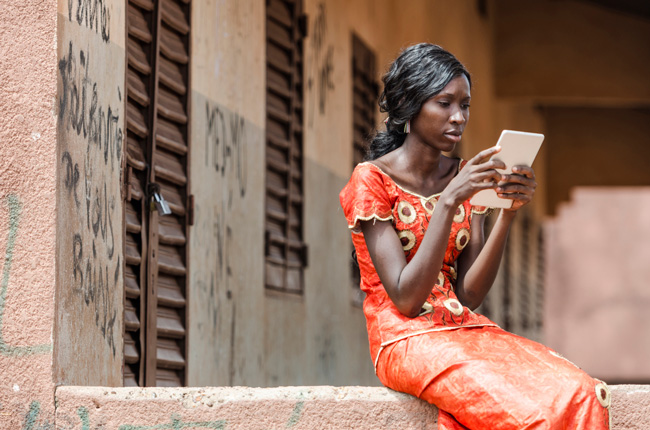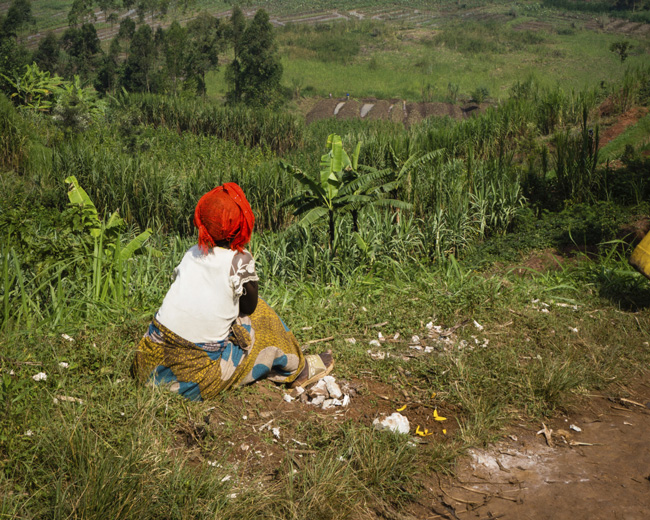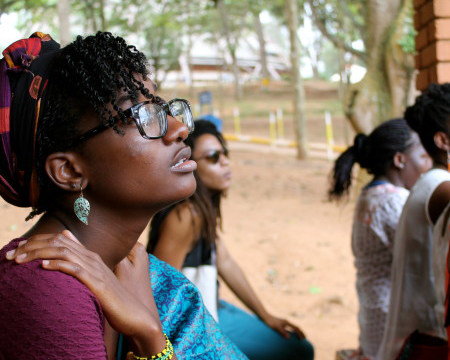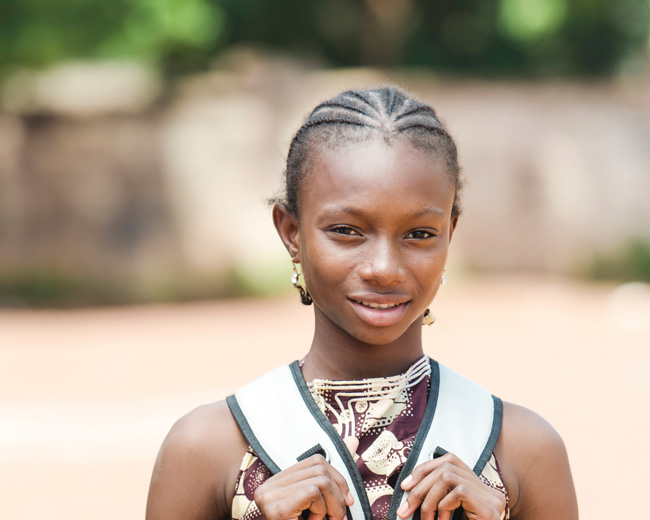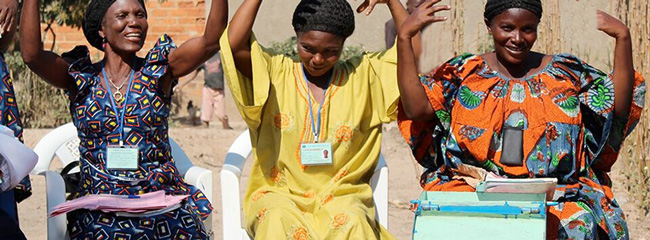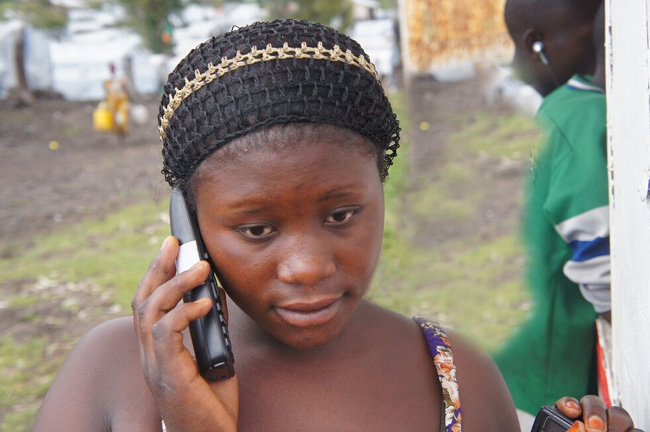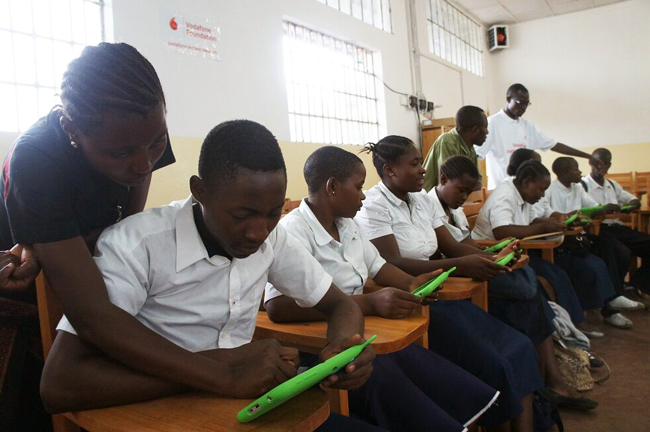Strength in Numbers The New Field Foundation Promotes a Bottom-Up Approach To Pan-African Advocacy
New Field Foundation (New Field) began investing in Africa by funding community-centered, women-led initiatives. The foundation quickly realized two things. First, New Field observed that rural women farmers reach out to other women and women-driven associations when they need help to build their capacity, production, and processing. Second, New Field learned how community projects are part of a larger systemic framework, that can either stifle or create the space for women to reach their potential and for change to happen. These two notions influenced New Field’s funding strategy to intentionally support locally-driven, regional movements that foster connection and collaboration, and influence agriculture policies that impact African women.
Rural women make essential contributions to agriculture and food security across Africa. According to the United Nations Development Programme (UNDP), women’s participation in the agricultural labor force in Sub-Saharan Africa is the highest participation rate in the world. New Field’s approach recognizes the key role that rural African women have in producing and processing the continent’s food, along with the breadth of knowledge they have about soil, water, seed, and climate. New Field sees women—not just women in agriculture, but women more broadly—as creative problem solvers who are too often left out of large-scale planning and exchange of ideas and solutions. This drove New Field to invest in rural African women who, despite limited rights and resources, are organizing to change their situation.
“Donors and implementers always ask how to scale up, but really, we should be looking at how to scale across. Women connect with other women and other groups to exchange knowledge and gain strength in
numbers. Economically poor women find ways to link with other women to work together, so they are able to produce and sell more and increase their income,” shares New Field executive director Sarah Hobson.
New Field supports grantees to connect and network with others. In doing so, it has witnessed rural women’s organizations working together to influence and drive local, district, national, and regional policies that impact their day-to-day work. Women’s groups, limited by discriminatory laws and practices, are supported by activists to understand their rights, and develop strategies to promote and defend these
rights. New Field adapted its funding approach to include grantmaking and technical support aimed at strengthening local organizations, while also building a bigger movement through regional and Pan-African advocacy.
The We Are the Solution! campaign offers one example of New Field’s broader advocacy support. Coordinated and supported by the Pan-African organization Fahamu and allied with U.S.-based Grassroots International, the campaign grew out of the effort to promote family farming in the face of large-scale commercial interests. Led by African women farmers to address food insecurity and land takeover, the campaign strives to ensure food justice by encouraging local systems and practices that promote food sovereignty. We Are the Solution! is currently focusing on women and biodiversity in West Africa. It brings together women’s associations, farmer federations, community leaders, agro-ecology specialists, and local media organizations to share agricultural knowledge, and improve and elevate practices towards a resilient and cost-effective regional food system.Twelve rural women’s associations are leading the campaign, speaking out in favor of women’s farming practices, and speaking against genetically modified seeds and chemical fertilizers. These women are using community radio and national media to amplify their message, targeting not only local communities, but also government authorities, investors, and NGOs.
New Field collaborates with other donors to support and strengthen existing networks and social movements. “Women know the challenges they face and are already creatively trying to address them. Funders can play a valuable role in fostering these existing networks,” explains Sarah.
This case study was developed for Foundation Center's Equal Footing project.
